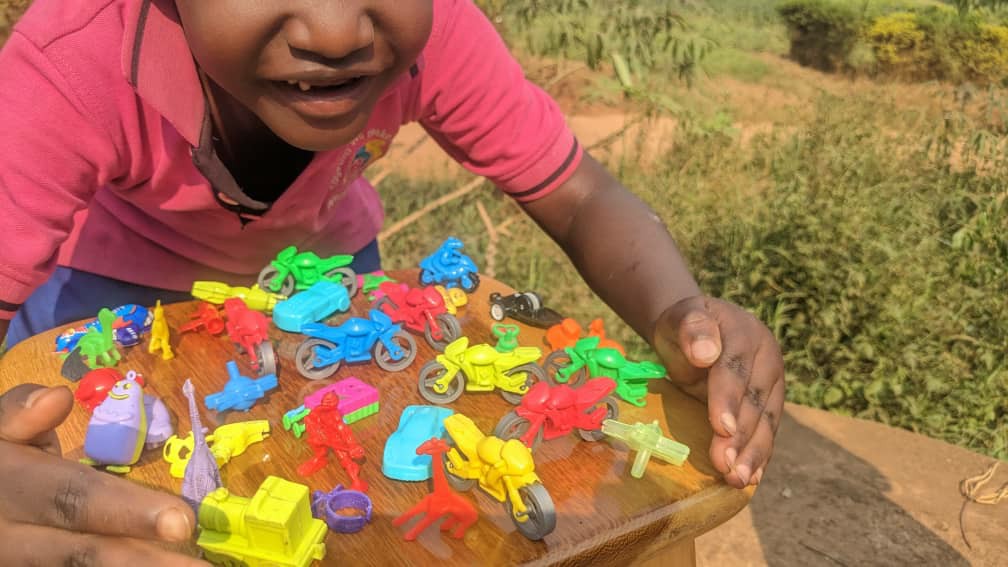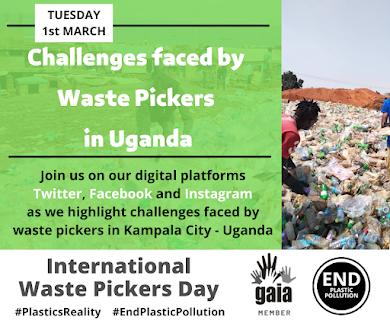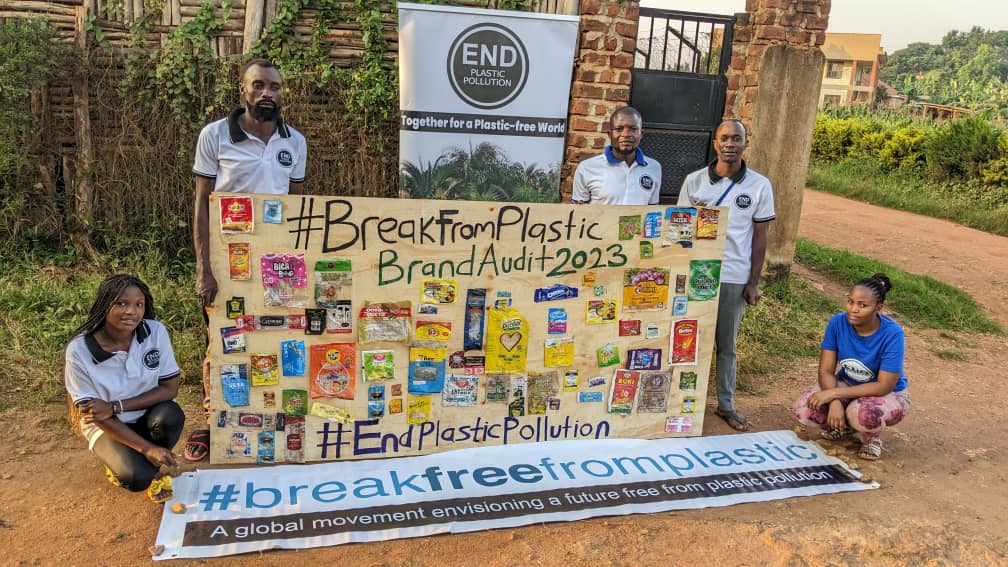10 Years ago on April 15th 2015, the government of Uganda through the National Environment Management Authority attempted to ban plastic carrier bags locally known as “Kaveera”. Under the campaign to make Uganda a plastic bag free country, the government wanted to stop the use plastic carrier bags with total ban.
However 10 years later, the bag is still representing one of the major contributing sources of plastic pollution in Uganda. The plastic bag continues to be marketed as an item which is cheap intended to make life easy and convenient for all. However this has added to the increase in plastic waste generated, putting a huge cost on the environment and public health systems.
Despite some levels of awareness, most people are still not aware of the challenges posed by the use and disposal of plastics. Poor waste management, low collection levels, inadequate infrastructure adding to a rapidly urbanizing and increasing population are major issues of concern.
In Uganda today, the amounts of waste generated exceed the country’s capacity to manage it. Of recent Uganda experienced one of the waste crises that shocked many. The collapse of the Kiteezi landfill killed over 30 people, left many homeless, property destroyed and exposed the country’s weakness and unpreparedness to address the waste crisis. The constant circulation of plastic bags continues to rely on the economy of subsistence purchases and petty trade leading to massive volumes of plastic waste.
What should be done?
The Africa region has come up as a leader in plastic bag policies by championing strong enforcement and bas to stop the production and importation of single-use plastic. East Africa has set the gold standard for single-use plastic bag laws and policies on the continent and globally. This has seen East African countries passing laws banning plastic bags, and have implemented or intended to implement.
The government of Uganda first introduced a ban on single-use plastics in 2007, 2009, 2015, 2018 and 2021. These prohibited the import, export, local manufacture and use of products made of polythene below 30 microns. But at this point plastic bags continue to be manufactured and distributed widely for local use, as well as smuggled into neighboring countries and despite all these efforts, Uganda has failed to enforce the bans.
The National strategy to manage plastic waste has to be strengthened and clearly aligned to inform and guide waste management systems in Uganda.
It should be noted that plastic pollution is a systemic problem and can only be solved by systemic solutions beginning with reductions targets and control of production and other trades in plastic. There must be strict monitoring and legislation to check on the illegal trade to check on the illegal trade so as to reduce on the huge influx of plastic bags on the market.
Enforcement of the principle of Extended Producer Responsibility. Review, update and enforce existing laws, regulations and policies on production targets and use.
The ongoing global plastics treaty process is yet to deliver on a strong legal instrument for countries to combat the plastic waste crisis. This should be leveraged on and adopted to inform and guide further developments on the national strategy to manage plastic waste, strengthen existing laws and make policies aiming at delivering action to address the waste crisis.
Other related content:
Overview of Existing Plastic Bag Laws and Policies, Challenges and Future Recommendations in Africa:
https://www.no-burn.org/plastic-bag-free-july/
Understanding Extended Producer Responsibility: Insights from the National Environment Act. (Titus Ogutu, 2023, End Plastic Pollution)
https://endplasticpollutionow.org/single?id=OXpYRWt3SVVJbGtodmUzaGdvWkczdz09




